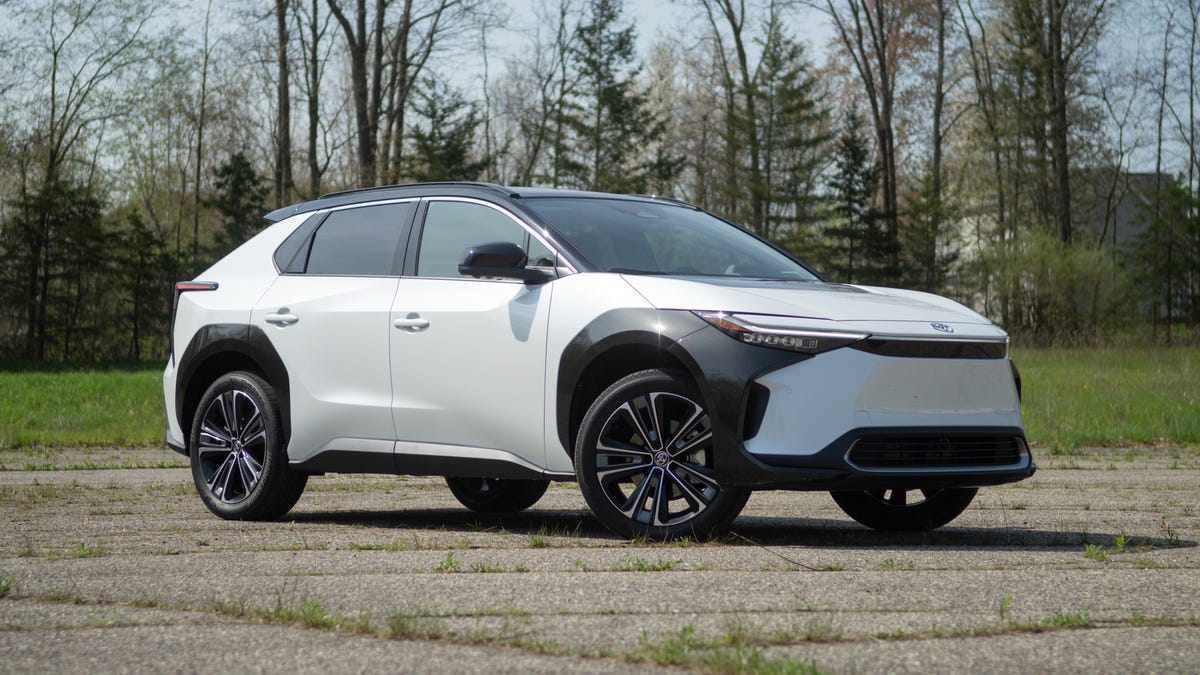Toyota Reaches EV Tax Credit Cap
Credits for qualifying Toyotas will still exist in smaller amounts, phasing out gradually over the next four quarters.
All good things must come to an end eventually. Following in the footsteps of General Motors and Tesla, Toyota will soon bid farewell to the federal EV tax credit.
Toyota has reached the 200,000-unit cap on electric and plug-in-hybrid vehicles eligible for a federal tax credit of $7,500, Bloomberg reports, citing its own data and a subsequent confirmation from Toyota. A spokesperson for Toyota did not immediately return CNET's request for comment. Right now, Toyota offers three vehicles that qualify for the tax credit: the Prius Prime and RAV4 Prime plug-in hybrids, and the BZ4X electric SUV. Lexus, Toyota's luxury offshoot, also offers a plug-in hybrid NX crossover.
So, what happens from here? Well, the federal tax credit isn't officially gone quite yet. Once the IRS confirms the cap has been reached, the automaker will have four quarters remaining for buyers to pick up a reduced tax credit. Buyers of electric or plug-in-hybrid Toyotas will have two quarters to take advantage of a $3,750 tax credit, after which it will again be halved to $1,875 for another two quarters before disappearing completely.
As always, it's worth noting that this is not a discount on the vehicle at the point of sale. This credit will lessen your federal tax burden for the year by up to $7,500. If you don't pay $7,500 in federal taxes every year, you'll never see the full amount, and any credit "left over" disappears into thin air. Some additional local and state incentives may apply in your neck of the woods, but those are separate from the federal tax credit, and they're not ubiquitous.
Things can change, however, so perhaps Toyota's time in the sun isn't up quite yet. In June, Toyota joined Ford, GM and Stellantis in urging Congress to lift the cap on federal EV tax credits. The companies requested that the tax credit sunset be "set for a time when the EV market is more mature," as Reuters reported, with the companies citing economic issues and supply-chain woes as contributing to high EV costs.
Until something does change, though, Toyota is set to join GM and Tesla. Other automakers are believed to be nipping at Toyota's heels, as well. According to Newsweek, both Ford and Nissan are closing in on 200,000 eligible vehicles sold, with BMW behind them, albeit by a fair margin.


